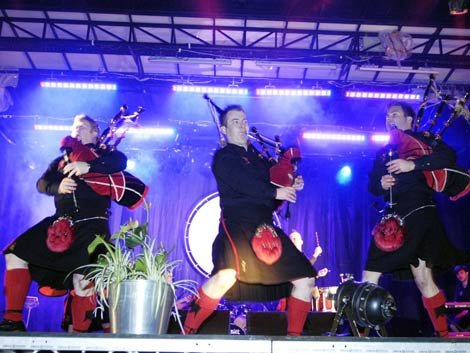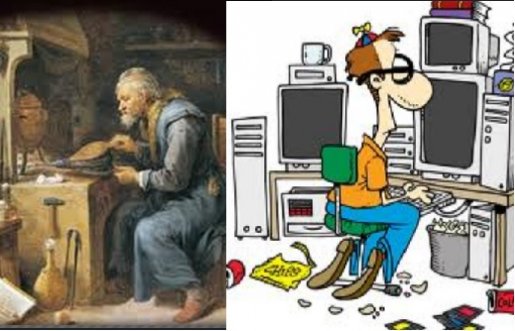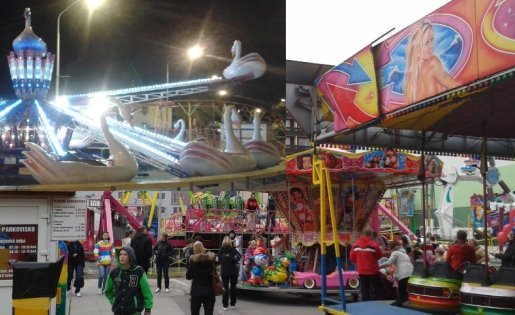Very few things are worse than having to wake up early, very few. I wish I had never seen a sunrise in my life ever, involuntarily. But now that I have, many times, seen it, I hope to never see it again. That's how much I hate having to rise prematurely.
When I wake up early, round my region I always hear the unique call of one distinct bird, a distinct kind of bird, not a specific one. I hope it goes extinct, soon. These words are of course being spat out shortly before dawn, when I always feel entirely alone in the struggle.
I think I'd prefer it if all work would start not before 10am, so that most people wouldn't have to leave bed much earlier than 8am. Or if that's not workable, everyone could wake up whenever...except ME.
I forgot how it felt to have to wake up so early that it was still dark outside, before even the sun had a chance to slowly drag its head up in the sky. Nonsense, to have to start my day when my day hasn't yet started itself.
Probably if my body could talk, without orders from me, it would shout obscenities at me, from first sunlight and two hours following. I wouldn't protest. Oddly enough, since I was a boy, I always knew what I definitely did not want to be when I grow up. I always had a deep instinct that the worst job on earth must undoubtedly and unquestionably be:















